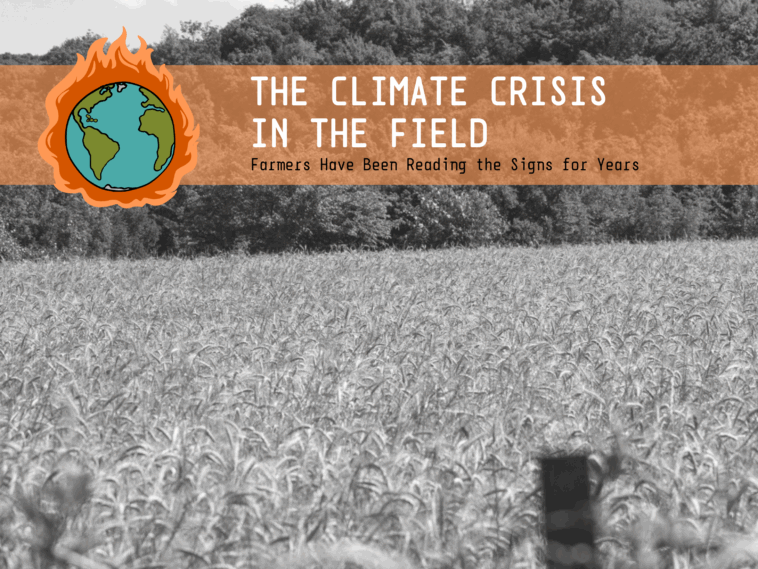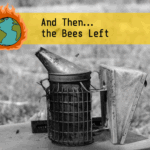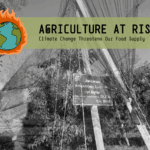In Central Macedonia, the impacts of the climate crisis on agriculture have been discussed intensely for over seven years now, while signs of changing climate patterns had been observed much earlier in many crops. The tornado and flood in Halkidiki just a few days after the 2019 elections, apart from the human losses (seven deaths), caused massive damage to crops.
“These were not usual events for Central Macedonia and Halkidiki,” says GEOTEE president Athanasios Saropoulos, emphasizing that concern over damages caused by extreme weather events led GEOTEE to organize the first conference on the climate crisis in January 2022.
At the second conference held this year, three years later, to formulate proposals for addressing the impacts, it was confirmed that for at least the past decade, there have been significant consequences for agricultural crops due to climate change. Unfortunately, despite the fact that, according to GEOTEE’s survey of 200 farmers in Central Macedonia, where 91% of respondents stated that they know what climate change is, only 8% said they had sufficient information about it, 25% stated they had no information at all, and 67% said they need more.
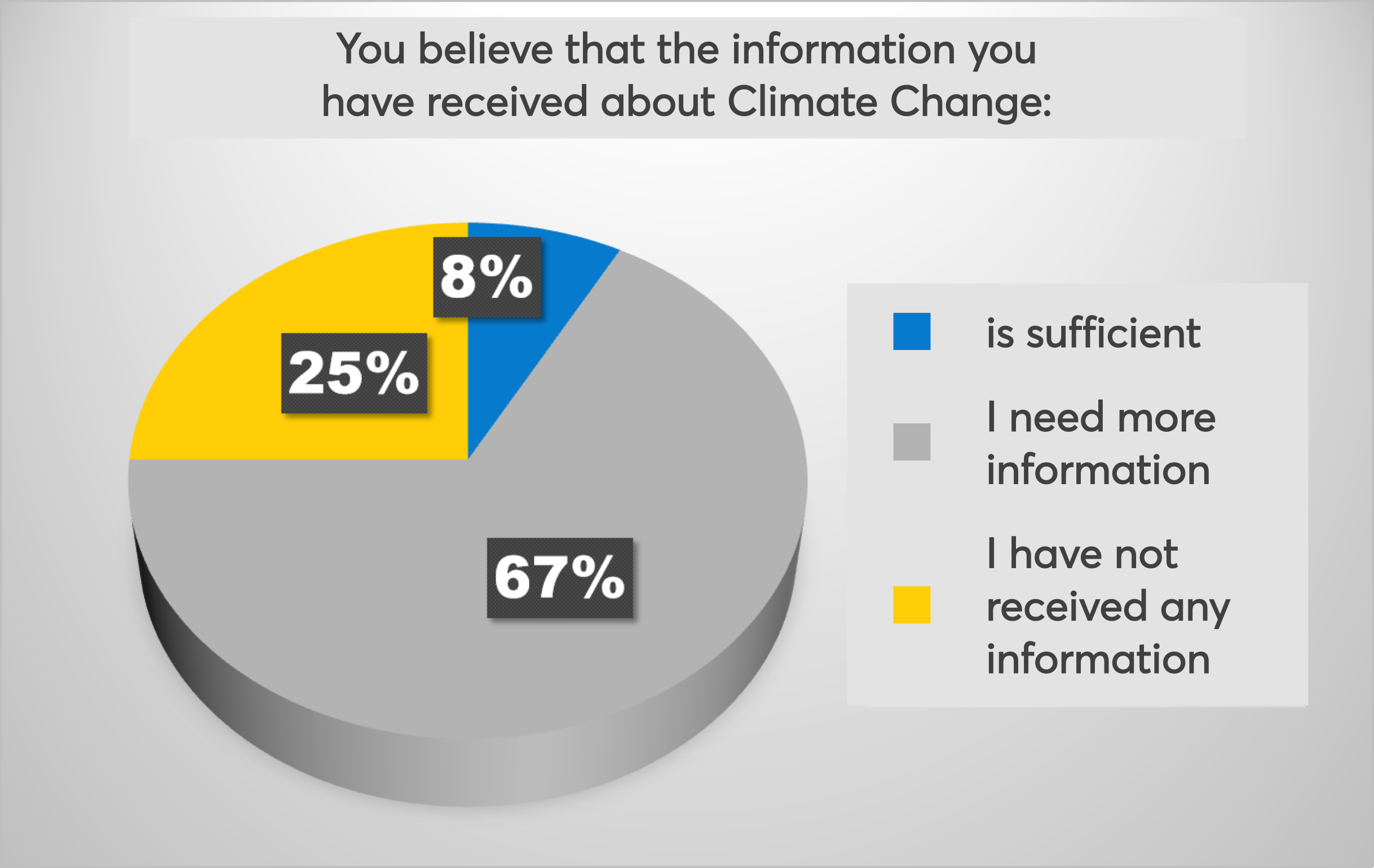
From the survey data, only 4% of respondents do not believe that climate change will have serious effects on their profession, while 62% consider it a threat to the survival of their farms, even believing they might have to abandon agriculture altogether. Only 34% said that the effects could be managed. What is certain from the survey is that crop damages are caused by a combination of extreme phenomena related to climate change: 37% by prolonged heatwaves, 30% by other causes, and 15% by floods. It is also important to mention that in Central Macedonia, apart from the rapid rate of climate change, the agricultural profile requires a transitional rather than Mediterranean climate, as Saropoulos notes, due to the presence of crops with deciduous trees.
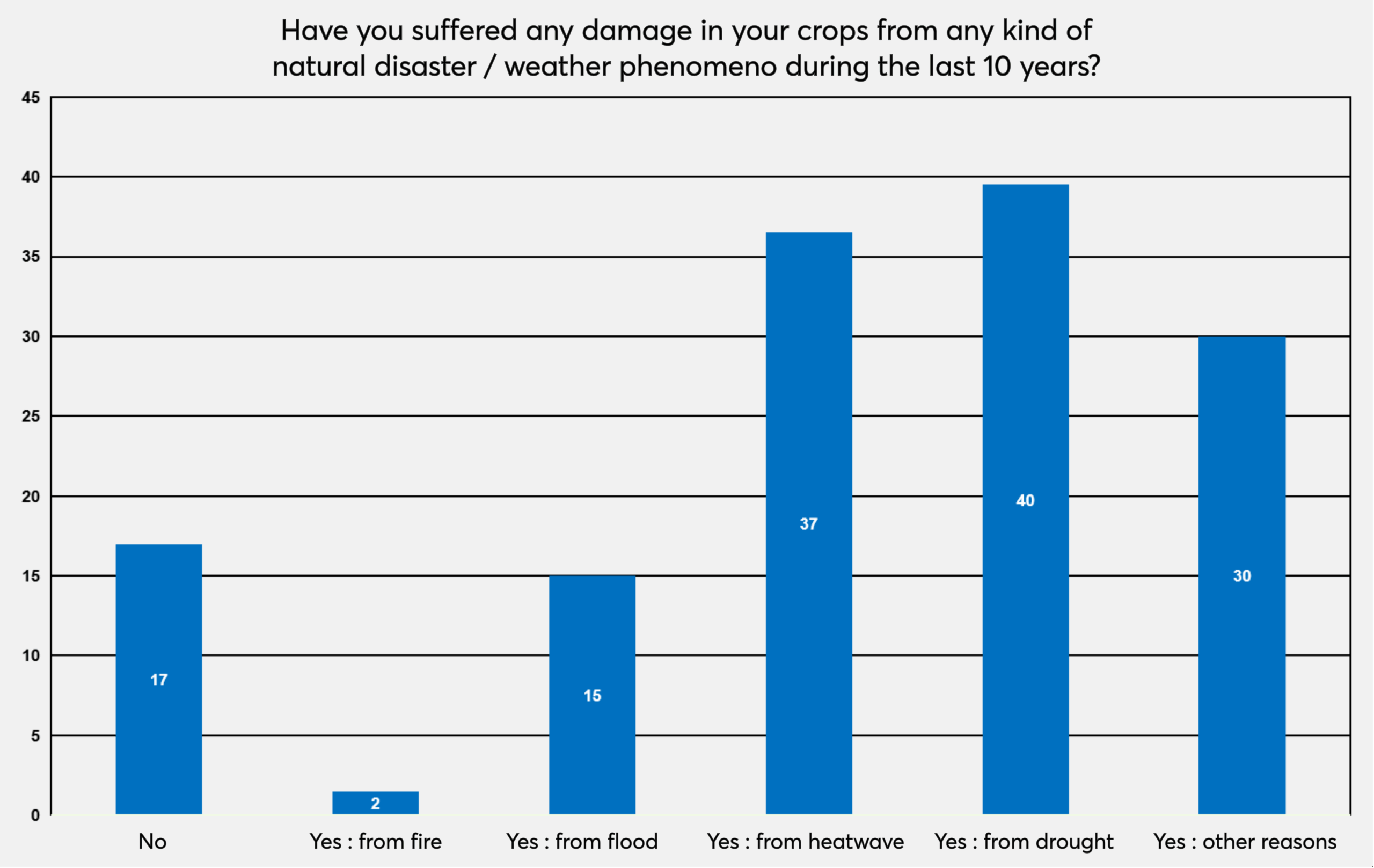
In our research, we went to the field and spoke with farmers and scientists to examine more specifically the impacts, as they are reflected in five characteristic products of the region: honey, olives, peaches, vineyards, and mussel farming. At the same time, we also visited a buffalo farming unit at Lake Kerkini.
Read the whole research on the field:
Imathia Peaches: Seeking balance in the era of extreme weather
Mussel farming in the Thermaic Gulf: Is there still time to avert disaster?
Prolonged Heat Strains Livestock, Kerkini’s Buffalo Struggle for Water and Relief
Up next: Industrial Agriculture and the Climate Crisis: A Vicious Cycle of Dependence and Destruction
The research “The Climate was already bad” was realised with the support of Rosa Luxemburg Stiftung-Office in Greece. Read the complete research here.
